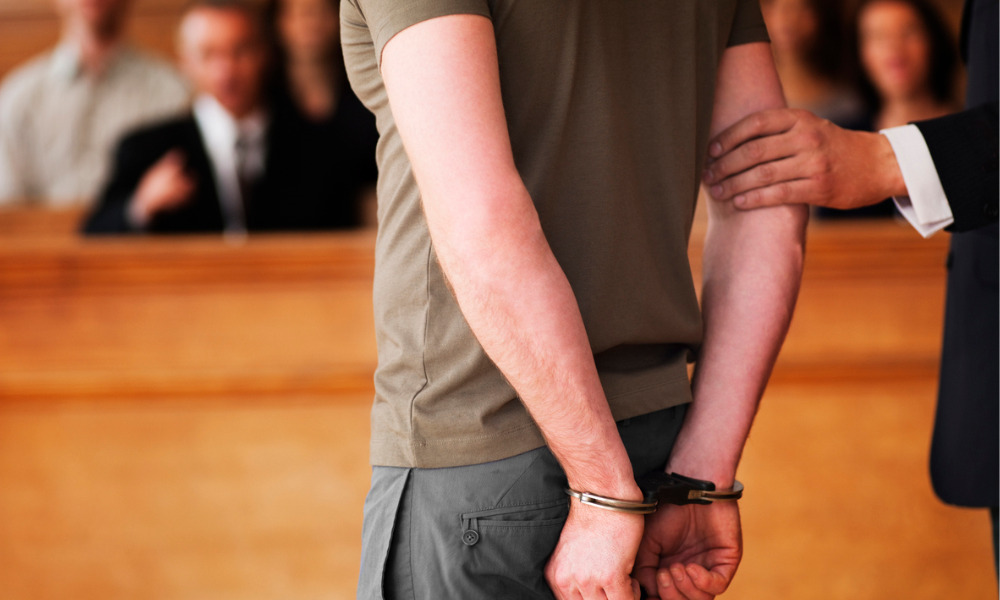Social media has become an integral part of our lives, with millions of people using it every day to connect, share information, and stay updated on the latest news and events. However, the widespread use of social media has also had a significant impact on the legal system, particularly in terms of trial integrity.
The Role of Social Media in Legal Cases
In recent years, social media has played a significant role in legal cases, both in the United States and around the world. Lawyers and investigators have increasingly turned to social media platforms like Facebook, Twitter, and LinkedIn to gather evidence, track down witnesses, and build their cases.
However, the use of social media in legal cases can also have negative consequences. For example, jurors who use social media during a trial may inadvertently encounter information about the case that has not been presented in court, potentially leading to bias or prejudice.
The Risks of Social Media to Trial Integrity
One of the biggest risks of social media to trial integrity is the potential for jurors and witnesses to be influenced by information they find online. For example, a juror who searches for information about a case on social media may come across news articles, blog posts, or comments that present biased or inaccurate information.
Similarly, witnesses may be tempted to use social media to communicate with others about the case, potentially revealing information that has not been presented in court. This can lead to accusations of witness tampering or perjury, and can undermine the integrity of the trial.
Protecting Trial Integrity in the Age of Social Media
To protect trial integrity in the age of social media, courts and legal professionals must take steps to ensure that jurors and witnesses are not unduly influenced by information found online. This can include issuing strict instructions to jurors not to conduct independent research or communicate about the case on social media, and monitoring witness activity on social media platforms.
Additionally, courts may need to consider new approaches to jury selection, including vetting potential jurors for their social media activity and presence. Legal professionals should also be aware of the potential risks of social media and take steps to limit its impact on their cases, such as avoiding the use of social media to discuss ongoing legal matters.
The impact of social media on trial integrity cannot be ignored. While social media can be a valuable tool for legal professionals, it also poses significant risks to the fairness and impartiality of trials. As such, courts and legal professionals must take steps to protect the integrity of the legal system in the age of social media.

